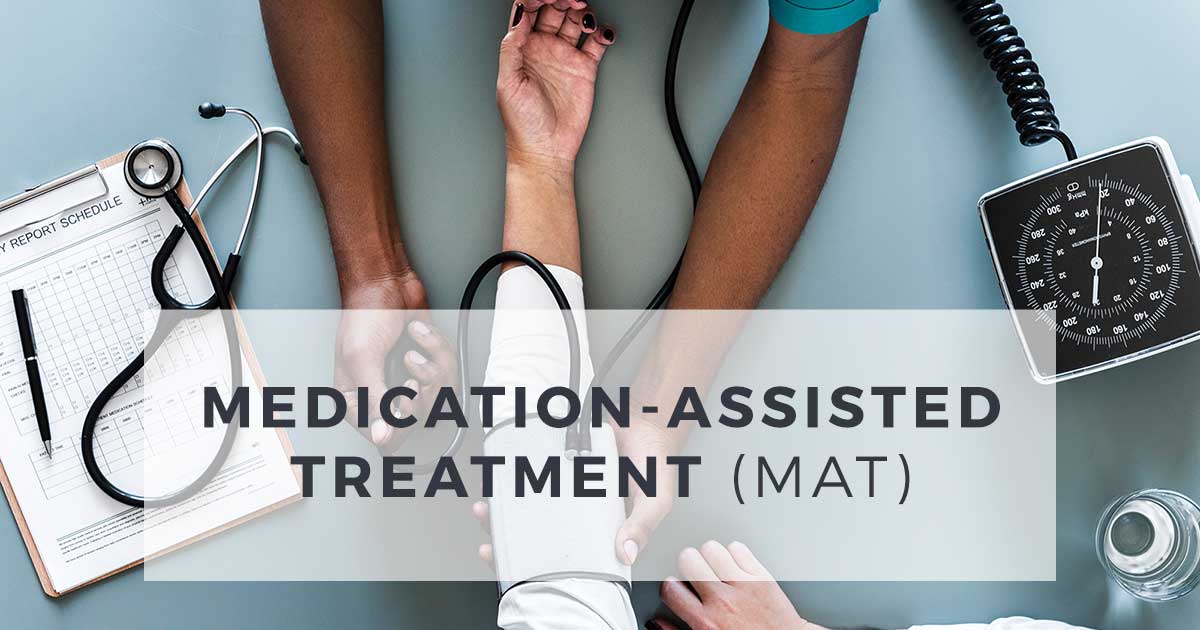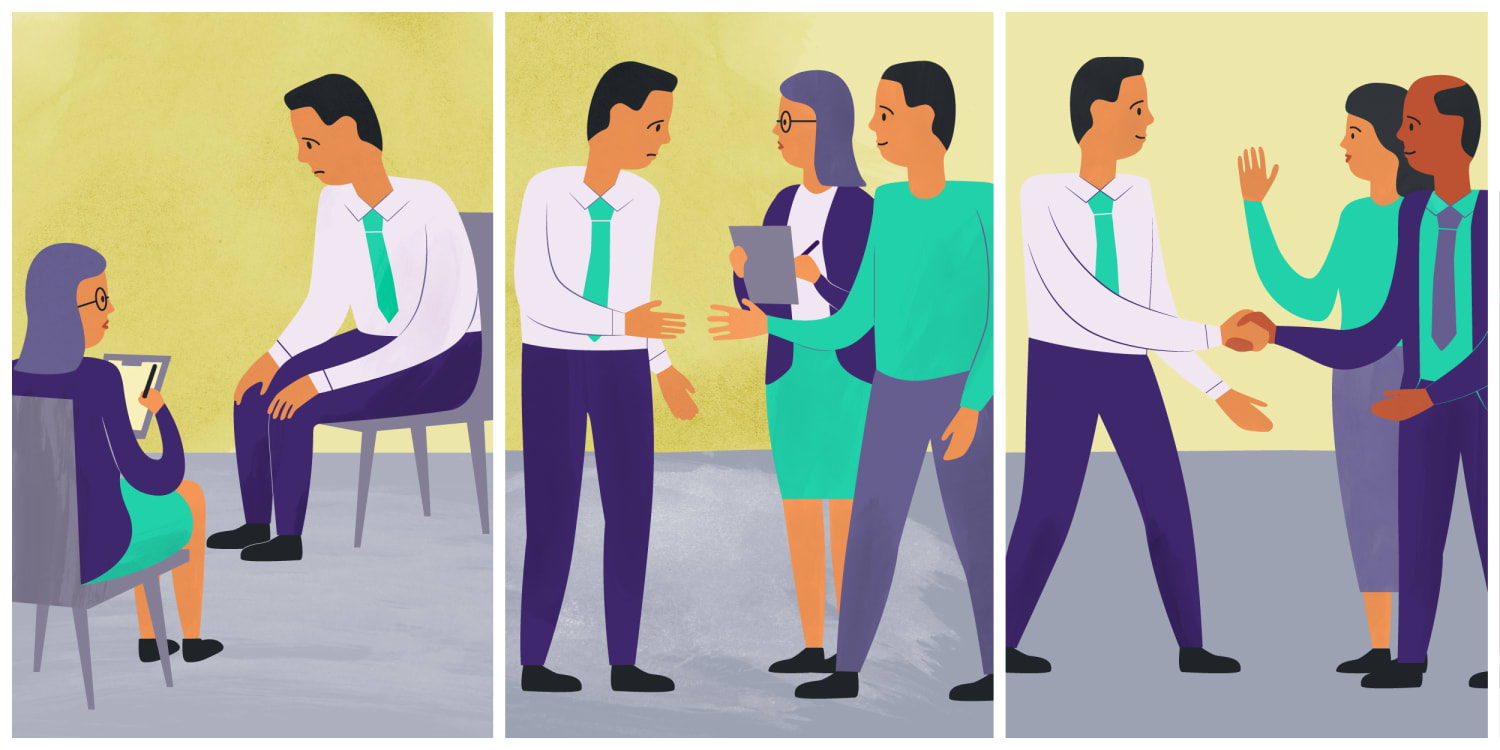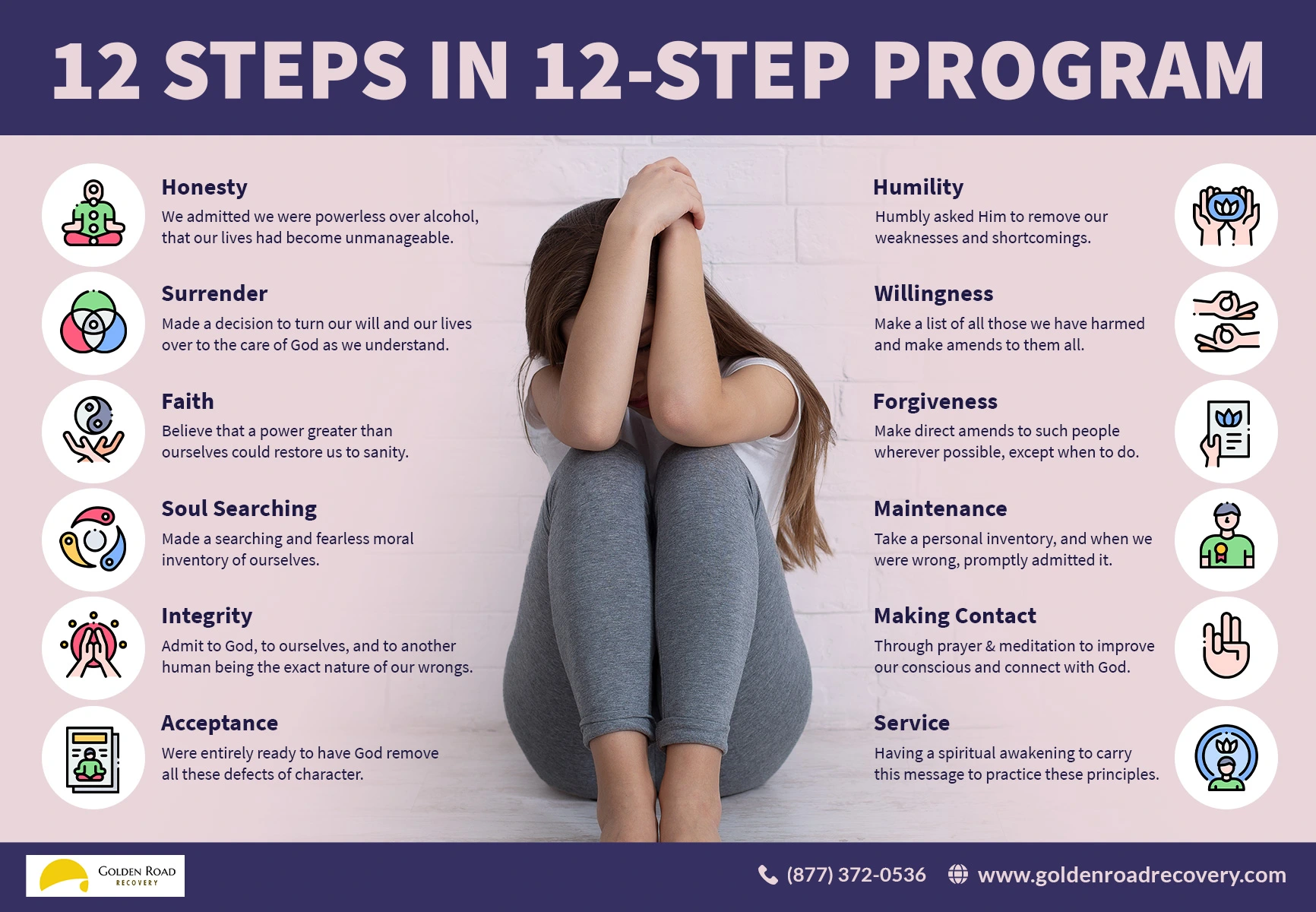The Road to Recovery: Addressing Drug Addiction and Providing Access to Rehabilitation
Drug addiction is a chronic brain disease that can be difficult to overcome. It is characterized by compulsive drug seeking and use, despite negative consequences. Drug addiction can have a devastating impact on the individual, their family, and society as a whole.
There are many factors that can contribute to drug addiction, including genetics, environment, and mental health problems. However, it is important to remember that drug addiction is a disease, not a moral failing.
There is no one-size-fits-all approach to treating drug addiction. However, there are a number of effective treatment options available, including:
- Medication-assisted treatment (MAT): MAT uses medications to help reduce cravings and withdrawal symptoms. MAT is often combined with behavioral therapies, such as cognitive-behavioral therapy (CBT).

- Behavioral therapies: Behavioral therapies help people change their behaviors and thinking patterns related to drug use. These therapies can include individual, group, or family counseling.

- 12-step programs: 12-step programs, such as Alcoholics Anonymous and Narcotics Anonymous, are peer-support groups that can help people recover from addiction.

- Residential treatment: Residential treatment programs provide intensive treatment in a structured setting. These programs can be helpful for people who need help detoxing from drugs or who have a history of relapse.
 Recovery from drug addiction is a long-term process. It is important to find a treatment program that is right for you and to stay in treatment for as long as needed. There are many resources available to help you find treatment and stay in recovery.
Recovery from drug addiction is a long-term process. It is important to find a treatment program that is right for you and to stay in treatment for as long as needed. There are many resources available to help you find treatment and stay in recovery.
In addition to providing access to treatment, there are a number of other things that can be done to address drug addiction. These include:
- Prevention: Prevention programs can help people avoid drug use in the first place. These programs can be targeted at children, adolescents, and adults.
- Harm reduction: Harm reduction programs aim to reduce the negative consequences of drug use, such as HIV/AIDS and overdose. These programs can provide clean needles, naloxone, and other services to people who use drugs.
- Policy changes: Policy changes can help to reduce the availability of drugs and to make treatment more accessible. These changes can include increasing the price of drugs, regulating the sale of drugs, and expanding access to insurance coverage for treatment.
Addressing drug addiction is a complex challenge. However, there are a number of effective strategies that can be used to help people recover from addiction and to prevent drug use in the first place.
Here are some additional things that you can do to help address drug addiction in your community:
- Talk to your friends and family about the dangers of drug use.
- Volunteer your time to a drug prevention or treatment program.
- Donate money to a drug prevention or treatment organization.
- Contact your elected officials and let them know that you support policies that address drug addiction.
By working together, we can make a difference in the fight against drug addiction.
Perspectives from the drug addict's point of view
- Drug addiction can be isolating and lonely. Addicts often feel like they are the only ones who are struggling, and they may be ashamed to reach out for help.
- Drug addiction can be expensive. The cost of drugs can add up quickly, and addicts may resort to crime or other destructive behaviors to get money for drugs.
- Drug addiction can damage relationships. Addicts may neglect their families and friends, and they may lie and steal to support their habit.
- Drug addiction can lead to health problems. Drugs can damage the body and mind, and addicts are more likely to experience chronic diseases, overdose, and death.
- Drug addiction can be a chronic condition. Even after getting treatment, addicts are at risk of relapse.
Despite the challenges, it is possible to recover from drug addiction. With treatment and support, addicts can learn to live drug-free lives.
Here are some things that drug addicts need from society to help them recover:
- Acceptance and understanding. Addicts need to feel like they are not judged for their addiction. They need to know that they are not alone and that there is hope for recovery.
- Access to treatment. Treatment should be affordable and accessible to everyone who needs it.
- Support from family and friends. Addicts need the support of their loved ones to stay in recovery.
- A safe and supportive environment. Addicts need to be able to live in a place where they are not tempted to use drugs.
- Opportunities for education and employment. Addicts need opportunities to get back on their feet and rebuild their lives.
By providing these things, we can help drug addicts recover and rebuild their lives.
































































